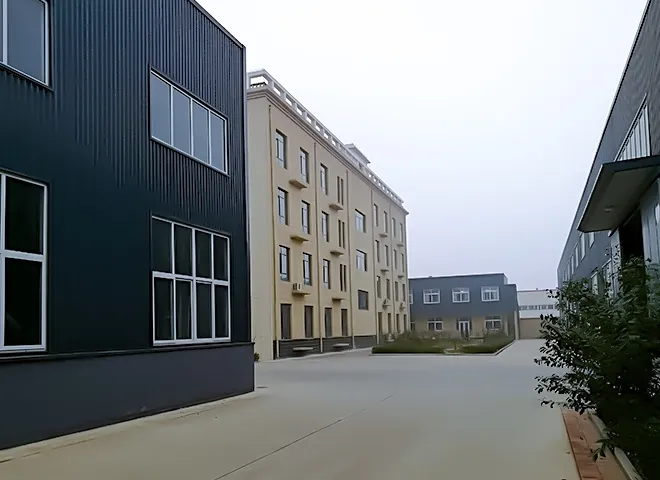Exploring the Versatility and Benefits of Thick Thread Sewing Machines for Various Fabrics
The Thick Thread Sewing Machine Revolutionizing Textile Manufacturing
In the ever-evolving world of textile manufacturing, the thick thread sewing machine has emerged as a transformative tool, drastically changing the way fabrics are stitched together. Characterized by its ability to accommodate heavier threads, this specialized sewing machine offers a myriad of advantages for artisans and industrial manufacturers alike.
The Mechanism Behind the Machine
At the core of a thick thread sewing machine is its robust engineering. Unlike standard sewing machines, which are tailored for thinner threads, these machines are equipped with powerful motors and specialized needle systems designed to handle thicker, more robust threads. The threading system is often reinforced, allowing for smooth operation without the risk of breakage or jamming. This capability enables manufacturers to work with a variety of materials, including denim, leather, and upholstery fabric, which are increasingly popular in fashion and furnishings.
Versatility in Applications
One of the most significant advantages of thick thread sewing machines is their versatility. These machines are not only suitable for making clothing but are also critical in creating durable products such as bags, automotive interiors, and industrial gear. Their ability to produce strong, heavy seams ensures that products can withstand substantial wear and tear, making them ideal for items that need to last. Moreover, the aesthetic appeal of thicker threads can enhance the overall look of a product, giving it a rugged and high-quality finish that consumers appreciate.
Efficiency and Speed
thick thread sewing machine

In a production environment, time is of the essence. Thick thread sewing machines are designed for efficiency, allowing manufacturers to increase their output without sacrificing quality. Many modern machines come with automated features, such as computerized stitching programs and adjustable speed settings, enabling operators to switch between different tasks swiftly. This efficiency not only leads to higher productivity but also reduces labor costs, significantly benefiting businesses focused on profitability.
The Eco-Friendly Approach
As the textile industry faces increasing scrutiny regarding its environmental impact, adopting thick thread sewing machines can also contribute to more sustainable practices. By using stronger materials and thicker threads, products created with these machines tend to be more durable and longer-lasting, reducing waste over time. Additionally, the ability to repair and maintain items made with robust threads encourages a culture of sustainability, where consumers are more inclined to fix rather than replace their belongings.
Challenges and Considerations
Despite their advantages, thick thread sewing machines do come with their challenges. One significant consideration is the learning curve required for operators unfamiliar with the technology. Users may need specialized training to master the intricacies of operating these machines effectively. Furthermore, the initial investment in high-quality thick thread sewing machines can be substantial, which might deter smaller businesses from adopting this technology.
Conclusion
In conclusion, the thick thread sewing machine stands as a testament to innovation in the textile manufacturing industry. Its ability to handle heavier materials and produce robust, high-quality products opens up a world of possibilities for manufacturers while meeting the demands of a conscious consumer market. As technology continues to advance, these machines are likely to become even more integral to the future of textile production, driving efficiency, quality, and sustainability. Embracing this evolution could well be the key to thriving in a competitive landscape, making the thick thread sewing machine an invaluable asset for today's businesses.
-
Leather Sewing Machine: The Industrial Standard for Tough MaterialsNewsJul.18,2025
-
Sail Making Machine: Heavy-Duty Stitching for Industrial and Marine NeedsNewsJul.18,2025
-
Sling Sewing Machine: The Backbone of Heavy-Duty FabricationNewsJul.18,2025
-
Leather Sewing Machine: Precision for Heavy-Duty StitchingNewsJul.18,2025
-
Big Bag Sewing Machine: Powering the Future of Bulk PackagingNewsJul.18,2025
-
FIBC Sewing Machine: Essential Equipment for Bulk Bag ProductionNewsJul.18,2025
-
Heavy Duty Leather Sewing Machine: A Must-Have for Professional LeatherworkNewsMay.28,2025





























